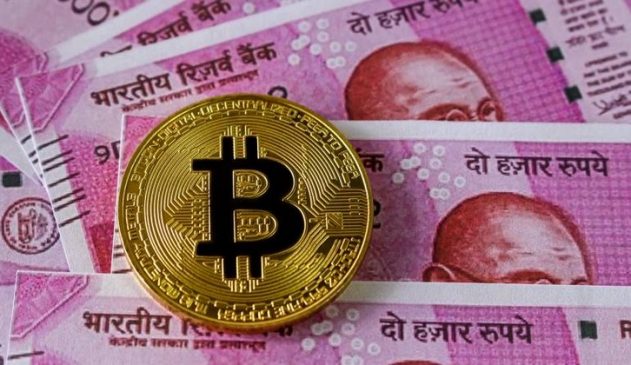In a recent report by the World Bank, India will continue to lead other countries in remittances this year. The report revealed that in 2018, Indians working overseas sent home 80 billion U.S dollars. With the sending being facilitated by various financial institutions, adopting crypto in the remittance process could have saved the $4 billion spent as service fees.
Sending money internationally involves middlemen who masquerade as financial institutions and who take a share of the money being sent. Additionally, these financial institutions take days to approve these transactions making the process even more tedious.
According to Mahmoud Mohieldin, Senior VP, 2030 Development Agenda, United Nations Relations and Partnerships at the World Bank:
“Even with technological advances, remittances fees remain too high, double the SDG target of 3 percent. Opening up markets to competition and promoting the use of low-cost technologies will ease the burden on poorer customers.”
With the introduction of the blockchain technology, the remittance process cannot only evade the high service fees charged by middlemen but also make it almost instant. The World Bank notes that adopting crypto can reduce the service fees to less than 1 percent.
“$80bn sent back home. $4bn paid as the cost to international money transfer companies for sending this money back to India. Adopting crypto by India can eliminate these middlemen and save Billions for our nation,” Crypto Kanoon posted on Twitter.
India adopting crypto in remittances is somehow vague given the country’s position on virtual currencies. As reported by cryptolinenews, the Reserve Bank of India forced banks to break ties with cryptocurrency affiliated firms. This scaled down the energy in the crypto space in the country.
However,there’s a dilemma. Some banks are exploring how they can employ the blockchain technology to facilitate remittances. This will bring them to adopting crypto but considering that the country’s laws do not have a virtual currency definition, becomes a hindrance.
Also,even if the banks employed the use of the blockchain technology, adopting crypto may not help save the services fees seeing that the banks will probably only reduce the time it takes to confirm transactions while using the same middlemen.
While we wait on banks to embrace cryptocurrencies, those sending money from abroad can use cryptocurrencies on an individual level.
Do you think adopting crypto is something Indian banks are likely to do?
Let us know your thoughts in the comments section below.




